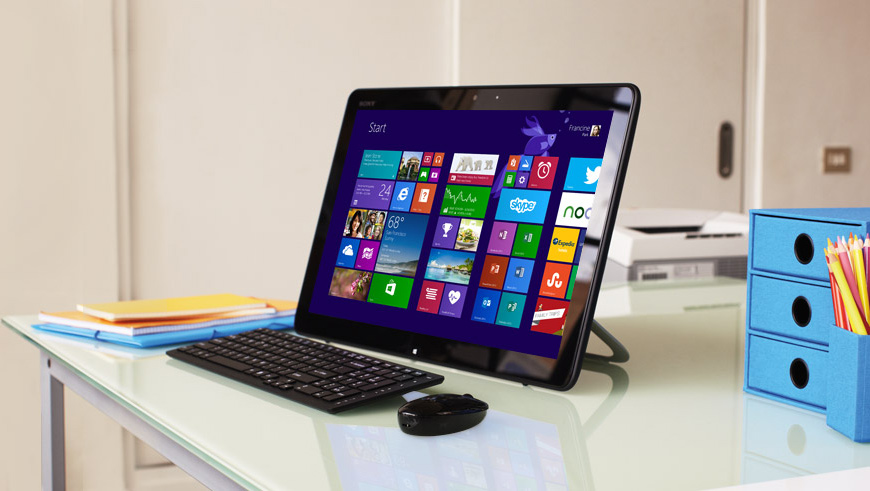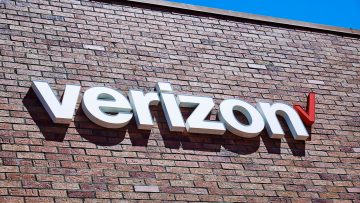Like it or not, Windows XP is no longer a smart option for personal computing. Microsoft went against its word and issued one last security update for the aging platform on Thursday, but new security holes that pop up will go unfixed and your personal data is at risk as a result. It’s time to move on.
According to Net Applications, which measures market share by monitoring traffic across its networks, Windows XP’s global market share dropped by more than a point to 26.29% in April as users continued to begrudgingly migrate off of the 12-year-old desktop operating system.
Some of those users apparently moved to another old OS, Windows 7, which saw its market share inch to 49.27% in April from 48.77% in March. The biggest gains were seen by Windows 8.1, however, which saw it’s share hop to 5.88% from 4.89% in the prior month.
A certain amount of those gains undoubtedly came from people upgrading newer machines from Windows 8 to Windows 8.1. Windows 8’s global share dipped slightly from 6.41% in March to 6.36% last month. Of course, that certainly wouldn’t account for all of Windows 8.1’s market share gains.
In the end, it looks like Microsoft is finally getting what it wants — and needs — as people migrate away from XP and onto its newest desktop operating system.




